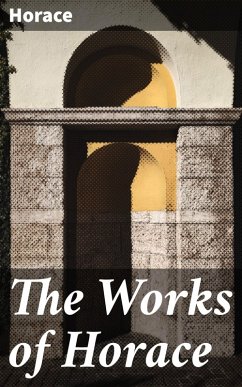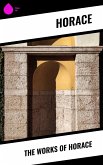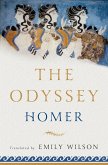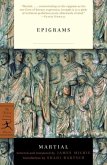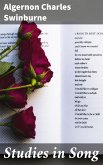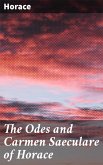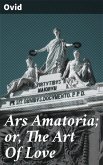Horace's 'The Works of Horace' is a collection of his poetry and essays that showcase his distinctive literary style, characterized by wit, satire, and philosophical reflections. Written during the early days of the Roman Empire, Horace's works explore themes such as love, friendship, and the passage of time, drawing inspiration from the classical Greek poets while also reflecting the values and concerns of his own era. The careful craftsmanship of his language and the underlying moral lessons in his work make Horace a timeless and influential figure in Western literature. The collection includes both his lyric poetry, such as the Odes and Epodes, and his satirical works like the Satires and Epistles, offering readers a comprehensive view of his talent and range as a writer. Horace's keen observations of human nature and society make his works not only entertaining but also thought-provoking and relevant to contemporary readers. Scholars have long admired Horace for his literary skill and insight, recognizing him as a master of poetic form and expression. His unique blend of humor and wisdom continues to captivate audiences across centuries, making 'The Works of Horace' a must-read for anyone interested in the classical tradition and the evolution of poetry.
Dieser Download kann aus rechtlichen Gründen nur mit Rechnungsadresse in A, B, BG, CY, CZ, D, DK, EW, E, FIN, F, GR, H, IRL, I, LT, L, LR, M, NL, PL, P, R, S, SLO, SK ausgeliefert werden.

